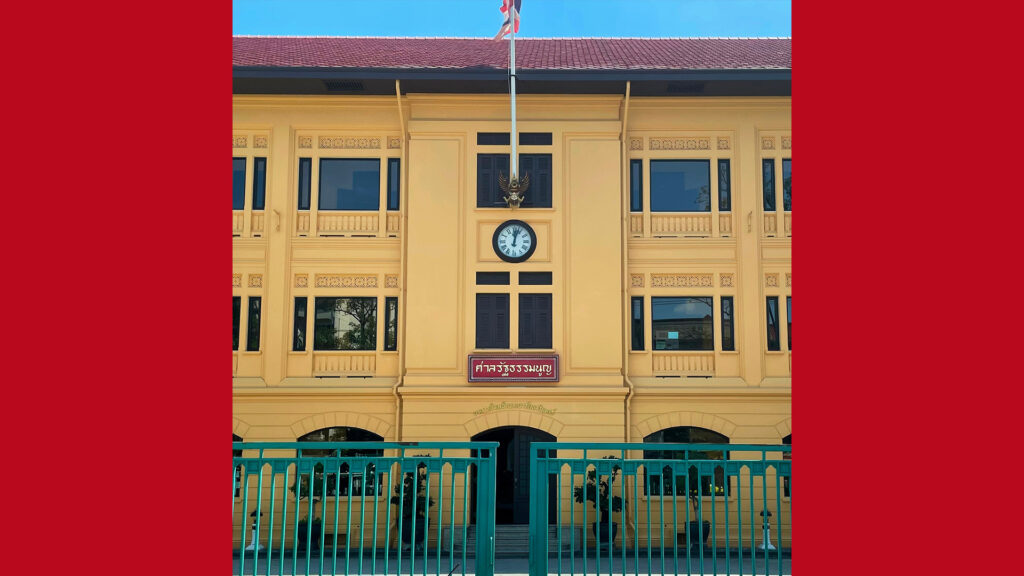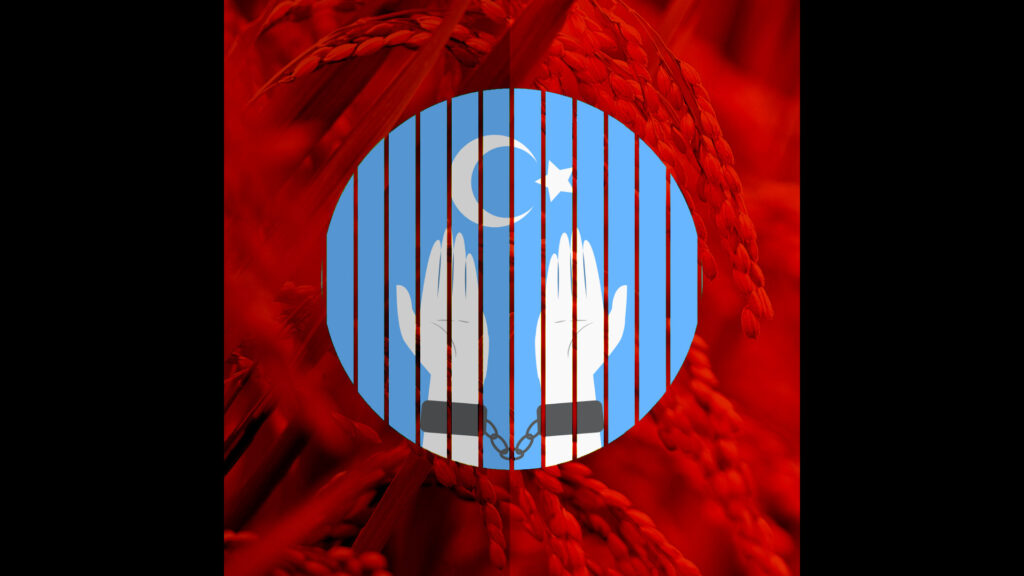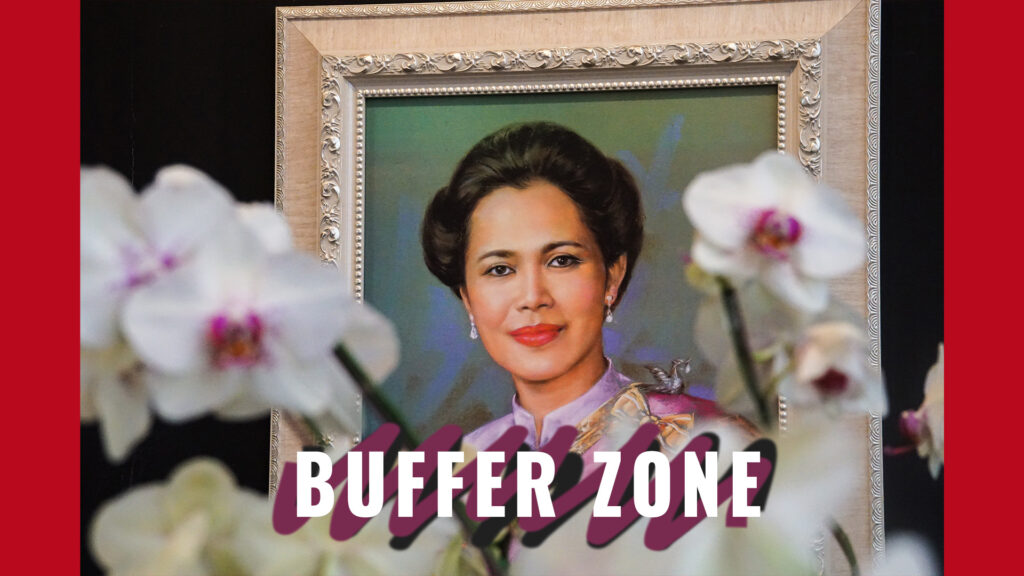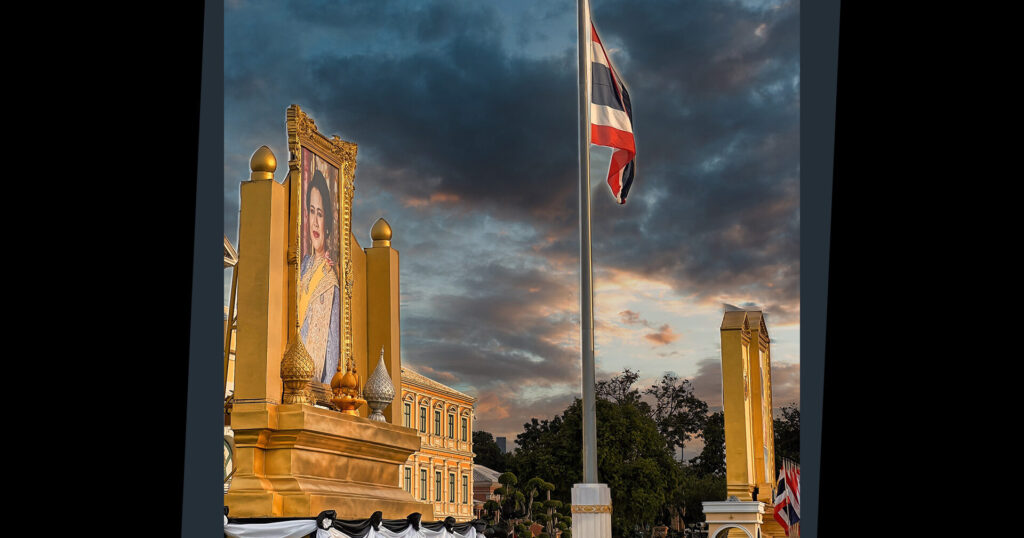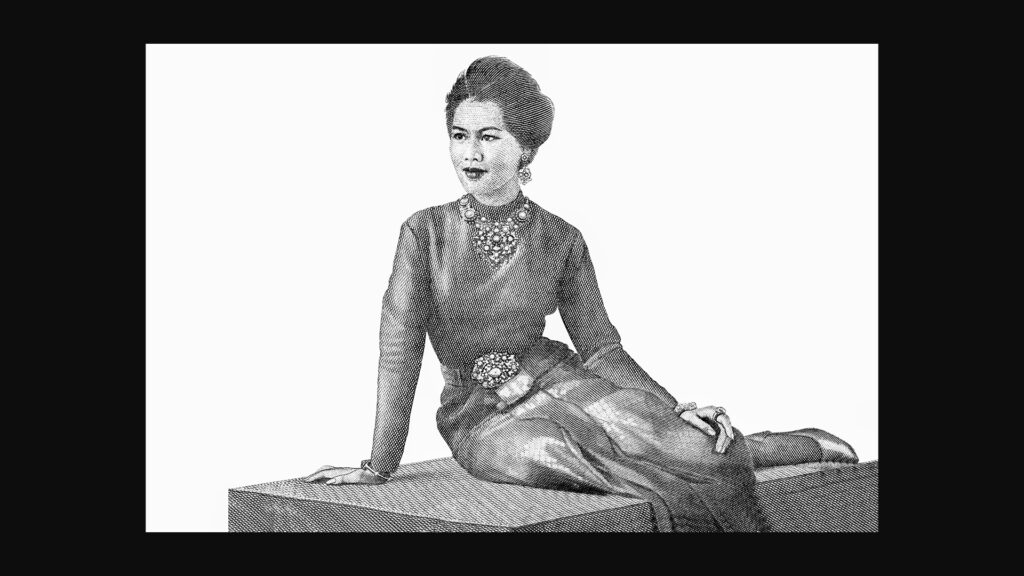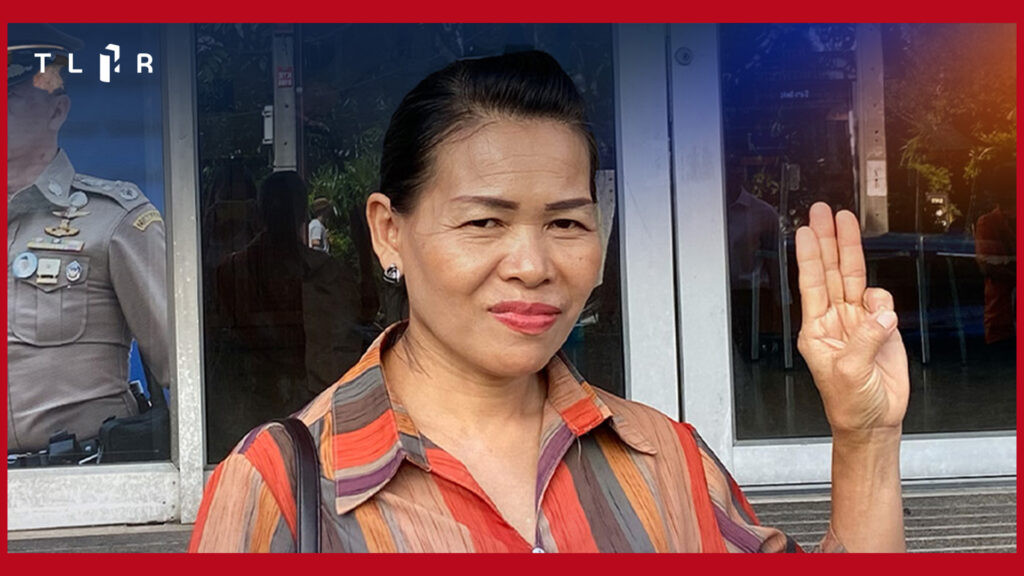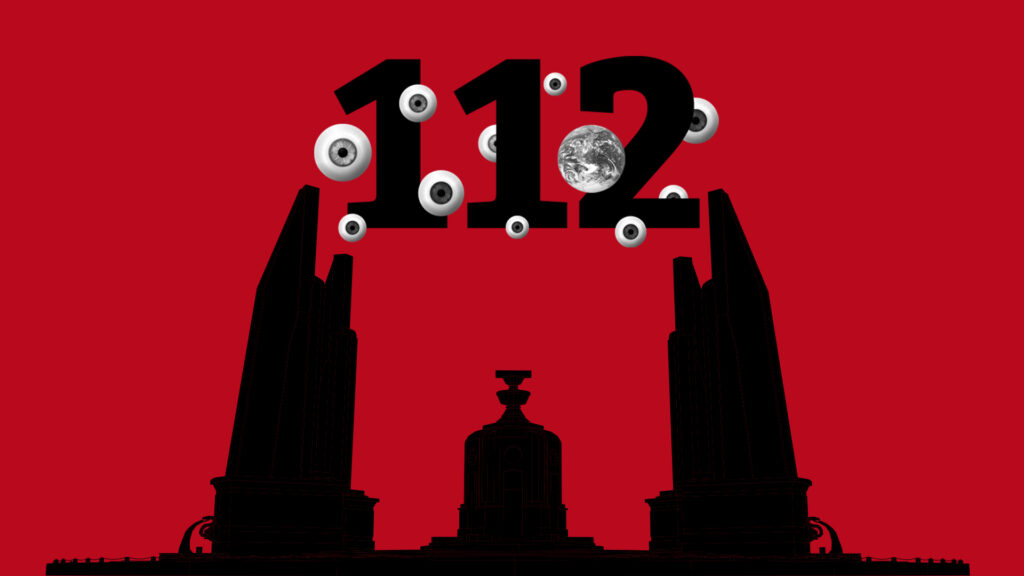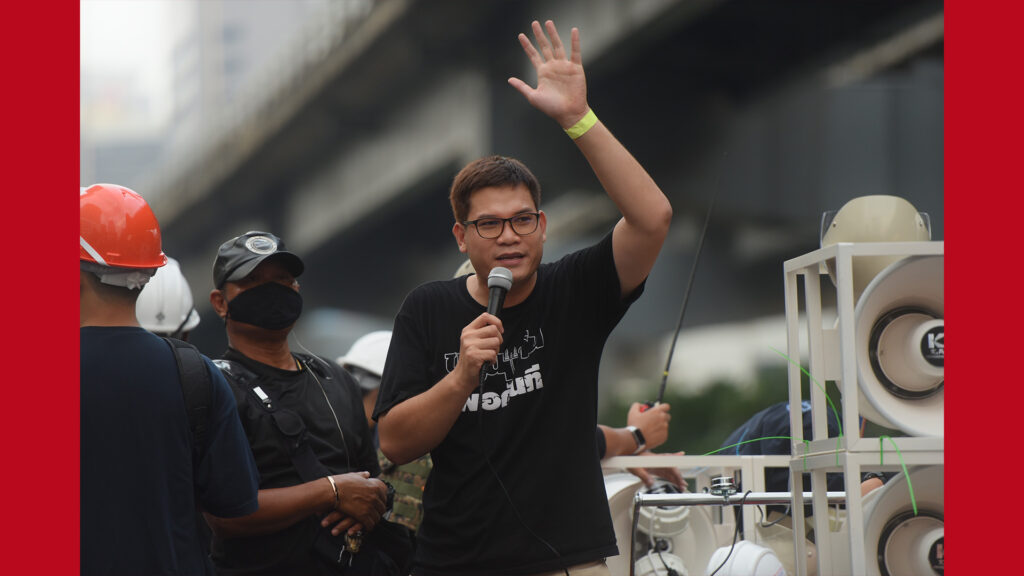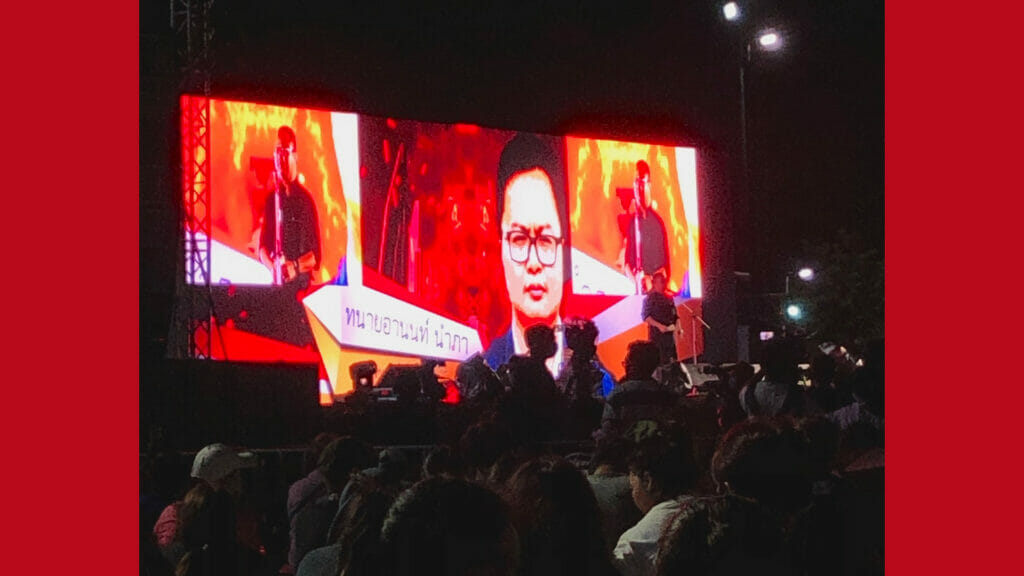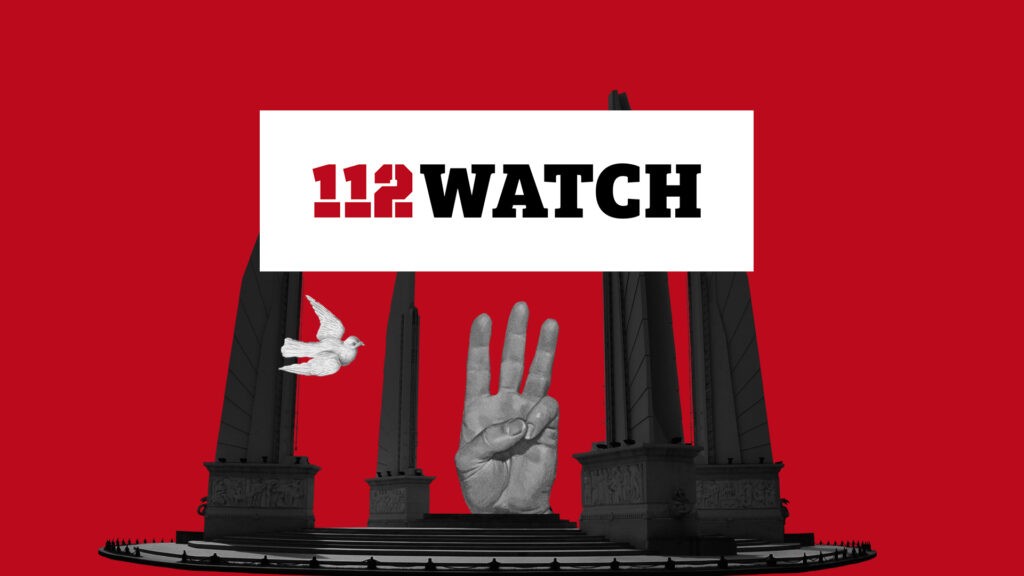
Commentaries
Latest articles on issues surrounding Article 112
112 in the News
Between 1990 and 2005, there was an average of five new lèse-majesté cases per year. Since then, however, there have been at least 400 cases—an estimated 1,500 percent increase. Prior to the 2006 coup, targets of lèse-majesté were mostly politicians, high-ranking bureaucrats and extra-constitutional figures, but after 2007, common people were charged. The law had been interpreted to cover past monarchs and symbols associated with the monarch. No one had been sentenced to more than ten years in jail before 2007. Observers attributed the increasing number of lèse-majesté cases to King Bhumibol's public invitation of criticism in 2005, increased polarisation following the 2006 military coup, and to speculation over his declining health in the period before his death in 2016.
In 2005, cases registered in the Attorney General's office rose sharply from 12 new cases in 2000–2004 to 17. Thai Rak Thai and Democrat Party as well as opposition movement People's Alliance for Democracy traded lèse-majesté accusations. Former Prime Minister Thaksin Shinawatra's alleged lèse-majesté was one of the stated reasons for the Thai military's 2006 coup. After the coup, dozens of radio stations were shut down because of alleged lèse-majesté.
Academics have been investigated, imprisoned, and forced into exile over accusations of lèse-majesté. Prominent historian Somsak Jeamteerasakul was arrested for proposing an eight-point plan to reform of the monarchy. Professor Giles Ji Ungpakorn went into exile in 2007 after his book, A Coup for the Rich, questioned Bhumibol's role in the 2006 coup. In March 2011, Worachet Pakeerat, a law lecturer, banded together with same-minded lecturers and formed the Nitirat Group, aiming to amend the lèse-majesté law. He proposed reducing the maximum jail term to three years, a circumstance for pardoning, and that only the Office of His Majesty's Principal Private Secretary could file a complaint. His actions angered many people. In February 2012, he was assaulted in broad daylight in Bangkok.
During the government of Yingluck Shinawatra, the number of arrests and convictions for lèse-majesté offences declined significantly. However, she said she would not seek to reform the law. There were 478 cases in 2010. In May 2014, the National Council for Peace and Order (NCPO), the military junta, granted authority to a military tribunal to prosecute lèse-majesté in Thailand. Military courts routinely imposed harsher sentences than civilian courts would.
In August 2015, the Bangkok Military Court sentenced Pongsak Sriboonpeng to 60 years in prison for his six Facebook postings (later reduced to 30 years, when he pleaded guilty). This was Thailand's longest recorded sentence for lèse-majesté. The courts were dubbed "kangaroo courts." The military government has never successfully extradited someone living abroad.
iLaw, a Thai non-profit organisation, reported that the junta hold persons in custody for seven days without charges. Secret trials were held. Officials seized personal communication devices to search for incriminating evidence.
In December 2014, the parents of Srirasmi Suwadee, formerly a Thai princess, were sentenced for "insulting the royal family and lodging a malicious claim".
In 2015, Prachatai published an infographic showing that bathroom graffiti, a hand gesture, a hearsay report of a taxi conversation, and reports of not standing during the playing of the royal anthem, among other things, could be punished as acts of lèse-majesté. A nurse wearing black on Bhumibol Adulyadej's birthday was charged with lèse-majesté.
The last formal attempt to amend the law occurred in May 2012 when more than 10,000 people signed a petition to parliament, but Speaker of the House of Representatives, Somsak Kiatsuranont, dismissed it citing that amendment of the law concerning the monarchy was not a constitutional right.
112 & King Vajiralongkorn's Reign
In December 2016, Jatupat "Pai" Boonpattararaksa, a rights group member, was accused of lèse-majesté for sharing a BBC Thai biography of Thailand's new king, Vajiralongkorn. He was the only person to be arrested even though more than 2,600 people also shared the story, as well as the publisher BBC Thai, which did not face prosecution. In May 2017, the military junta stated that merely viewing material is considered lèse-majesté and is a violation of the law. As of November 2018, at least 127 people have been charged with lèse-majesté since the latest coup.
In 2017, there was a case of a 14-year-old who was accused of lèse-majesté for burning down a royal decoration arch in Khon Kaen. This was the first prosecution of a minor. A lawyer who did not accept legal proceeding claiming that the court act in the name of the King who had conflict of interest in such cases, thus impartial and unjust. There were several low-profile instances where the authorities did not prosecute, but used other intimidation methods instead, such as holding the individual in military custody for seven days, checking for communication devices, asking them to unfollow a Facebook page, or asking them to make a video expressing loyalty to the monarch.
As of November 2017, a total of 38 of these cases, 34.2 percent, were in the military court system.
| Year | Number of Cases |
|---|---|
| 2007 | 36 |
| 2008 | 55 |
| 2009 | 104 |
| 2010 | 65 |
| 2011 | 37 |
| 2012 | 25 |
| 2013 | 57 |
| 2014 | 99 |
| 2015 | 116 |
| 2016 | 101 |
| 2017 (first 9 months) | 45 |
| Total | 740 |
Source: iLaw Freedom. (2108, 22 July). List of individual charged with article 112 of the Criminal Code. iLaw Freedom. https://freedom.ilaw.or.th/en/content/charges-against-individuals-after-2014-coup
The Attorney General's directive, dated 21 February 2018, issued a new guideline for prosecution. Now only the Attorney General can file a lèse-majesté case. And in June 2018, there was a new regulation which allowed public persecutors to decide against prosecuting cases that did not serve the public interest. Unprecedented moves were seen, such as dismissing lèse-majesté cases even though the defendants pleaded guilty, and those charged received bail in certain cases. However, the authorities now favoured invoking other laws instead, such as the Computer Crime Act and the sedition law. On 15 June 2020, Thai prime minister and former 2014 Thai coup d'état leader Prayuth Chan-ocha confirmed this stance, stating that King Vajiralongkorn had called for no further use of Section 112.
After the forced disappearance of Wanchalearm Satsaksit, an alleged lèse-majesté offender, in June 2020, #ยกเลิก112 (cancel 112) trended first on Twitter in Thailand with more than 500,000 retweets, as netizen believed his accusations were behind his abduction. In August, protests against the government included calls to reform the monarchy, including the abolition of Article 112.
Lèse-majesté and the Present Day
During 2020 Thai protests, the authorities revived lèse-majesté law in response. In January 2021, a woman was sentenced to 43 years imprisonment for multiple charges of sharing sensitive audio clips online without commenting.
Pavin Chachavalpongpun was charged with lèse-majesté also for his criticism of the monarchy and for his role as the founder of the private Facebook group, Royalist Marketplace, which encourages open discussion on the monarchy.
In January 2021, ousted opposition political leader, Thanathorn Juangroongruangkit was charged with lèse-majesté after criticising the Prayuth Chan-ocha government's mismanagement of COVID-19 vaccination for relying too much on the AstraZeneca vaccine which Siam Bioscience, owned by the King, was the main supplier even with a lack of vaccine experience. The Police charged him for publishing a Facebook Live stream on January 18, 2021. Later, Puttipong Punnakanta filed the charge through Technology Crime Suppression Division and the court ordered taking the video down. Later in August 2021, Thanathorn faced two more lèse-majesté charges for the same act.
Anchan P. was handed 87-year prison sentence for uploading and sharing videos on the internet of an online talk show, after she had been detained in jail for nearly 4 years from 2015, then in 2021, the court convicted her by half to 43 and a half years due to her guilty plea. The UN Human Rights Committee has declared that "imprisonment is never an appropriate penalty" for lèse-majesté case.
It is reported that from November 2020 to June 2021, 100 individuals were been changed under Article 112 (International Federation for Human Rights 2021).
Special Report: Roundup of 2024
Trends, Challenges, and the Call for Reform
Despite the transition to civilian governance, the enforcement of Article 112 in 2024 has continued to have profound implications, demonstrating its entrenched role in shaping Thailand’s sociopolitical landscape. This report, written in December 2024, critically examines the application of Article 112 throughout the year, with a focus on prosecution trends, systemic judicial challenges, the exclusion of Article 112 cases from amnesty frameworks, and the broader implications for society and human rights.
Special Report: June 2024
Justice Denied
112WATCH publishes its special report of June 2024 titled, "Justice Denied: The Impact of Article 112 on Thailand's Political Freedom and Human Rights." One of the main focuses is on the recent death of a Thai activist, Netiporn 'Bung' Sanesangkhom., who went on a hunger strike to protest against her imprisonment. She was charged with lèse-majesté charges. Her death may or may not change the lèse-majesté situation.But it has already cuased a huge impact on the overall state of human rights in Thailand. This special report summarises the current lèse-majesté situation of Thailand.
Special Report: 2023/2024
Special Report: 2022-2023
2022 Summary of 112 Cases
Throughout 2022, political prosecution continued with cases from protests during the APEC2022 Summit involving arrest of civilians and summon warrants issued to activists. New arrests on the basis Section 112 (Lèse-majesté) continued to be reported periodically while many of those prosecuted for violation of the Emergency Decree continued with their defense with most cases concluding with acquittals.
According to statistics from TLHR (Thai Lawyers for Human Rights), at least 1,886 people in 1,159 cases were prosecuted due to political participation and expression since the beginning of the “Free Youth Movement” protest from 18 July 2020 to 30 November 2022. Among this number are 283 minors under 18 years old in 210 cases. Compared to the end of October 2022, 22 people in 14 cases were added to the statistics (counting only those who have never been charged before). If individuals prosecuted in many cases are counted, the number would be as high as 3,710 prosecuted individuals.
The prosecutions can be categorised according to key charges including the “royal defamation or lèse-majesté” charge, the “sedition” charge under Section 116 of the Criminal Code, Charges of violation of the Emergency Decree, Charges under the Public Assembly Act, Charges under the Computer Crime Act, and Contempt of court charge. But the highlight here is on the “royal defamation or lèse-majesté” charge under Section 112 of the Criminal Code which incurred at least 221 individuals in 239 cases.
An addition of 4 individuals in 3 cases were prosecuted under Section 112 (Lèse-majesté) of Thailand Criminal Code while 8 cases were concluded in November.
Four new individuals in 3 cases prosecuted under Section 112 (Lèse-majesté) were added to the statistic with at least one defendant, Sombat Thongyoi, remain detained for over 7 months while waiting for appeal.
The 4 individuals prosecuted in 3 cases included Warinthip Watcharawongthawee or “Xiao Pao” Faiyen, a citizen who once release to the press regarding the preparation to found a political party ‘Faiyen’. Xiao Pao was arrested and charged at Prachachuen Police Station following the accusation made by Anon Klinkaew, the leader of the People’s Centre for the Protection of the Institutions (CCP), for singing ‘. . . Lucky to have the Thai people’ by Faiyen in front of Bangkok Special Prison during September 2022.
Meanwhile, Jitrin Plakantong or “Karim Thalufah” surrendered to the police after became aware of the arrest warrant issued since March 2022 from allegedly burning the portrait of the King at the front of Rachawinit School during the protest on 19 September 2021. Karim was the fourth to be prosecuted in this case after Sam, Max and Miggy Bang who were previously accused but was granted bail later in November.
The court also concluded a total of 8 cases charged under Lèse-majesté in November, one of which was Jarat‘s case charged for criticizing Sufficiency Economy Philosophy of Rama IX on Chanthaburi Page. The Nonthaburi Court of Appeal Region 2 reversed the Court of First Instance verdict stated that Section 112 of the penal code (Lèse-majesté) may be interpret to protect late king as any defamation, insult or threat to the late king could affect the current king.
Furthermore, the case of “Petch” Thanakorn, a 19 year-old youth who participate in public speech on the 6 December 2020 at Wongwian Yai, was concluded guilty at Central Juvenile and Family court. Despite not mentioning any name, the court ruled that Section 112 (Lèse-majesté) also cover the monarchy constitution. In December, Petch was sentenced to 18 months in prison (but sentence suspended).
To have such a board interpretation of Section 112, protecting late king and the monarchy constitution without any define scope will continue to allow obscure implementation of this criminal code affecting freedom of expression as opinion regarding the monarchy constitution and may lead to legal consequences.
The other 6 cases were concluded with the defendants pleaded guilty: 4 of which were at the criminal court. Among the cases, “Nacha” was sentenced to jail term with suspension while other 3 defendants, Suthitep, Pitakpong and Panitarn, were sentenced to 3-5 years jail term without suspension. As a result, the 3 later cases had filed for appeal.
At the same time, “Joe” case charged for sharing an online post from Free Youth Facebook Page concluded with 2 years of suspension from Lampang Provincial Court while Pithayut ’s case of allegedly burning the portrait Rama X at Udonthani received a verdict to wait for sentencing hearing.
These cases involved everyday citizens. Many defendants did not participate in political protests but only express their opinion or shared an online post. To receive jail term without suspension still reveals violence resulting from Section 112 (Lèse-majesté) punishment as well as the perception or ideology of those in the judicial system.
Note: This report is composed based on information provided by TLHR. See details here: https://tlhr2014.com/en/archives/51466
Latest Lèse-majesté News
112 Cases and Other News
Site artwork by PrachathipaType
Contact Us | Volunteer & Join Us | © 2022, 112Watch | Privacy Policy

